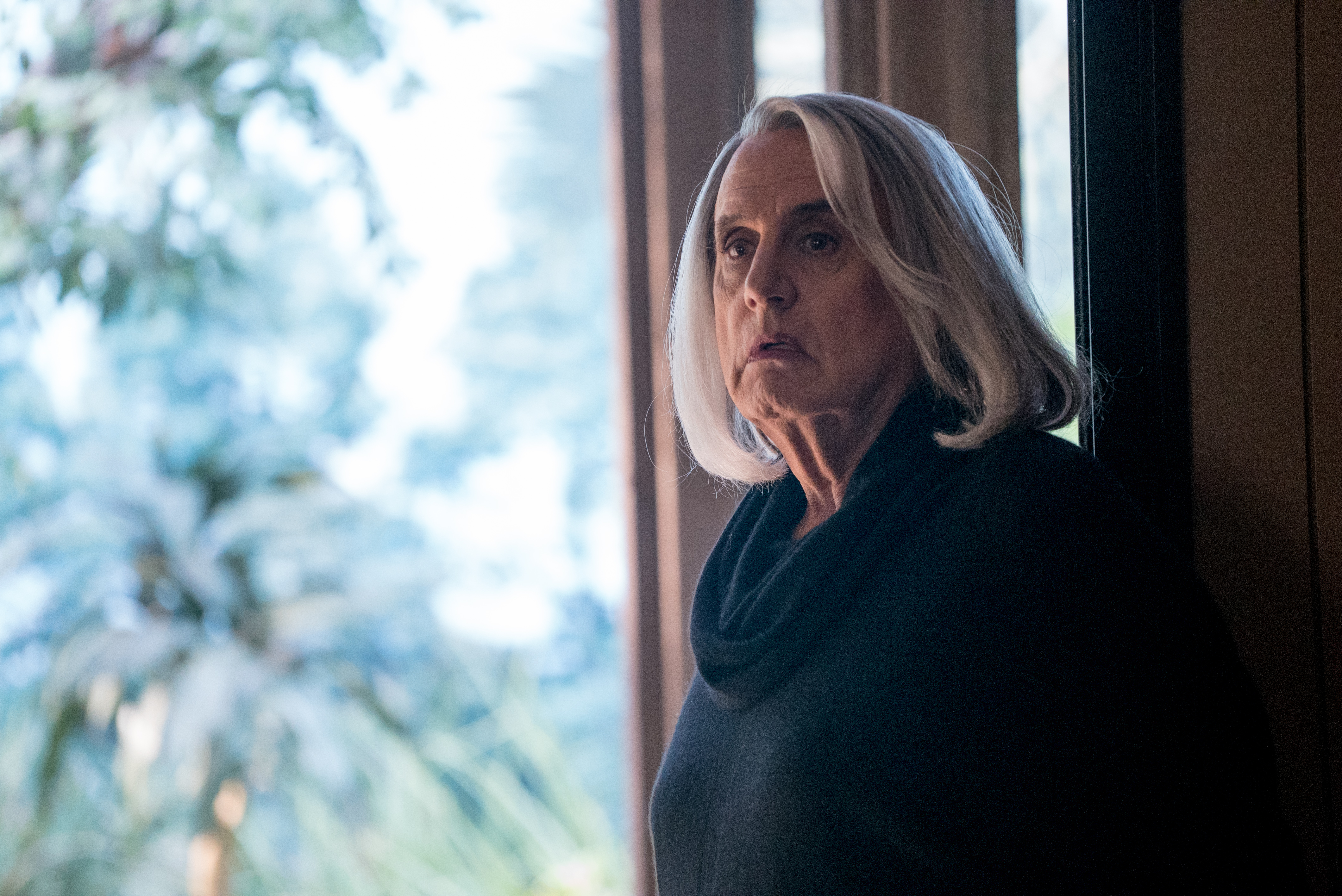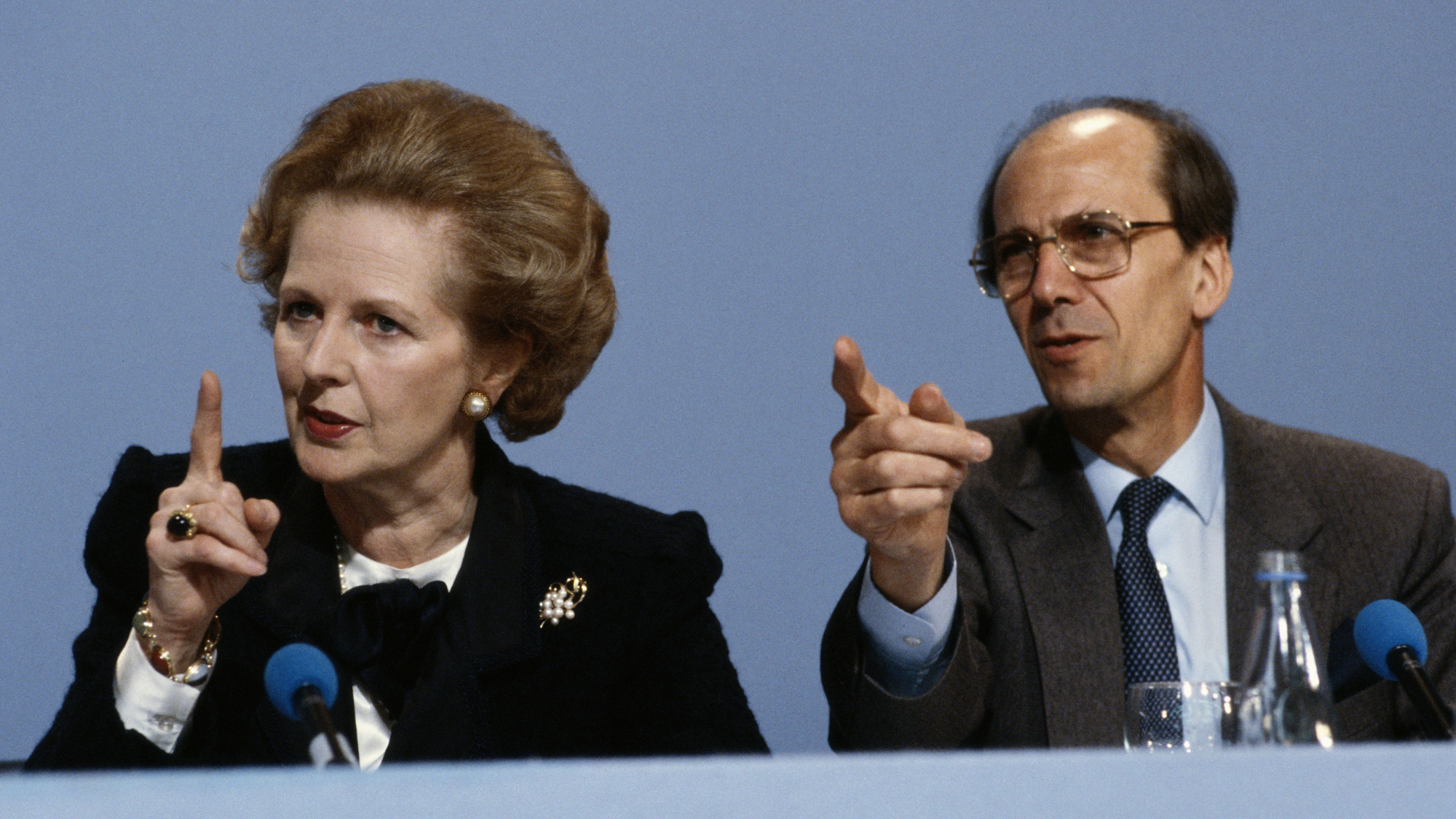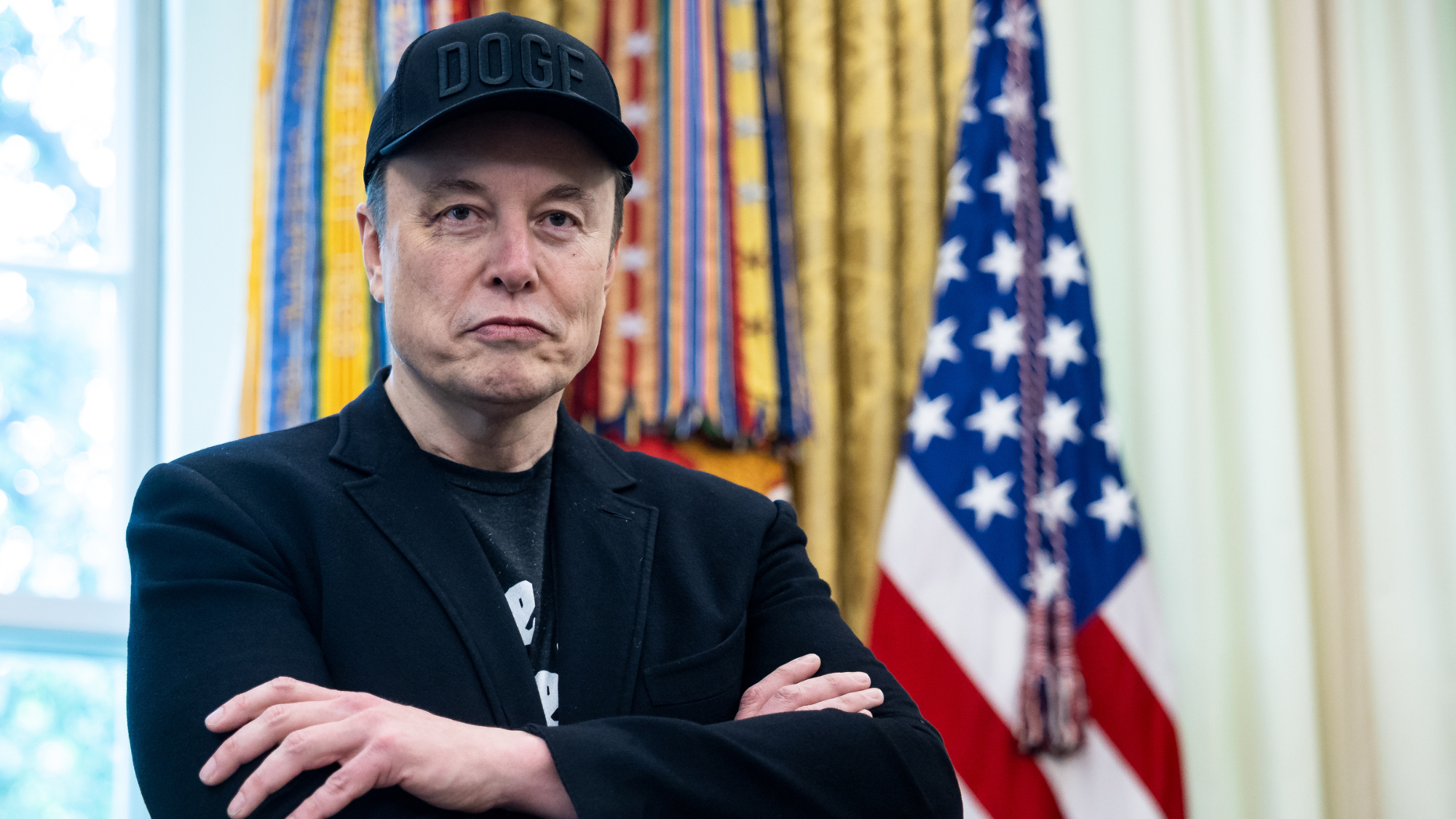In Transparent season 3, a fragile family gropes for a new identity
The Pfeffermans are stripped of old labels, so they have to create new ones


The third season of Transparent drops on Amazon today, less than a week after Jeffrey Tambor accepted an Emmy for his portrayal of Maura Pfefferman and showrunner Jill Soloway won for Outstanding Directing for a Comedy Series. The new season doesn't disappoint. This is a gorgeous show, a show that deploys its symbols with a slapdash confidence that lets them sing — sometimes through that retrograde filter the nuclear family acquires as it recedes nostalgically into the past, but sometimes also through flashbacks that do the opposite, that highlight the lonely exceptionalism that plagues anyone who thinks too hard about sex or history.
Transparent's first season sank its teeth into the shock of transitioning — not just through Maura, through the entire Pfefferman clan. It explored the limits of the family's liberal, Jewish, cosmopolitan goodwill. What made Transparent remarkable was its investigation of how the Pfeffermans worked to reconcile their abstract theories of themselves as totally accepting people into a family unit that (like all families) is, at times, far from tolerant. Families squabble. Habits of long standing are hard to break. Children are solipsistic and selfish around their parents even as adults, and parents can be just as solipsistic and selfish as they try to shrug off or even eliminate the parameters they themselves built. The Pfefferman house is gorgeous. It also weighs a symbolic ton.
So, for that matter, does fatherhood — if it takes the younger Pfeffermans time to adjust to losing "Daddy" and swapping in "Moppa," it's a destabilizing and inspiring change. Ali (Gaby Hoffmann) is the most enthusiastic explorer of alternate sexual identities. But if her efforts begin as a form of emotional solidarity with Maura, they develop into a lonelier, weirder, much more personal project. By the second season, most of the Pfeffermans are careening a little wildly in search of their own versions of fulfillment.
Subscribe to The Week
Escape your echo chamber. Get the facts behind the news, plus analysis from multiple perspectives.

Sign up for The Week's Free Newsletters
From our morning news briefing to a weekly Good News Newsletter, get the best of The Week delivered directly to your inbox.
From our morning news briefing to a weekly Good News Newsletter, get the best of The Week delivered directly to your inbox.
This is what the show does well: The Pfeffermans are so close, so believable as a tight and slightly dysfunctional family, that we vicariously grieve their increasing distance from each other. This is, of course, one of the more difficult sides of transitioning. The downside of chasing your truth — as Davina says to Maura — is that sometimes you look around and your former family is no longer there. The show etches and sketches the Pfeffermans' evolving (and frequently unsympathetic) emotional landscapes; the effect of vacating the position of the patriarch is that everyone starts trying to find themselves, and not a single nuclear family remains completely intact.
That's not a loss, but toppling the patriarchy is complicated stuff. Transparent's second season takes that complexity pretty seriously. It dipped a little more heavily into gender theory (Ali starts studying it). It dabbled in epigenetics and BDSM, and in forms of communion that don't involve other Pfeffermans. But there's a slight chilliness to many of the more formalized queer spaces the characters explore. Ali's intellectual communion with UCLA academic Leslie Mackinaw includes some unsettling power games. Maura is mistreated at Idyllwild. But the Pfeffermans grope their way through some of these less-than-perfect safe spaces, and some good comes out of it: Maura meets Vicki (Anjelica Huston). Sarah discovers what really gets her off. And those discoveries allow the show to explore the surprisingly tender two-way roads marriages that aren't quite functional anymore develop. There are no straightforward paths here.
The third season feels distinctly tougher than the previous two. The Pfeffermans aren't in that pleasant, exploratory post-patriarchal haze anymore. Things are hardening. Maura no longer wants to be "Moppa." She wants to be called "Mom." Sarah is finding that she needs more than sexual fulfillment. In fact, Soloway's Emmy acceptance speech framed Transparent in a way I found telling: "This TV show allows me to take my dreams about unlikeable Jewish people, queer folk, trans folk, and make them the heroes," she said. It's noteworthy, I think, that "unlikeable Jewish people" comes before the other demographics on that list. Transparent may have been marketed as the story of a trans woman transitioning late in life, but — like Orange is the New Black, which used Piper's story as a way to tell many others — the show has never been just about Maura. It is about a group of people, and they are Jewish, and they're fun to watch, but they are often just extremely unlikable.
That's more than artful; it's political. The path to toppling patriarchy — that was Soloway's call to arms in her Emmy speech — is not smooth. Erasing boundaries is all well and good, but it really means carving out new ones, and that's a messy business. That's what Transparent's third season is about. A family stripped of its old labels will struggle to find a new form that honors its history. Fortunately, Transparent's third season offers an amazingly perfect symbol for exactly that.
A free daily email with the biggest news stories of the day – and the best features from TheWeek.com
Lili Loofbourow is the culture critic at TheWeek.com. She's also a special correspondent for the Los Angeles Review of Books and an editor for Beyond Criticism, a Bloomsbury Academic series dedicated to formally experimental criticism. Her writing has appeared in a variety of venues including The Guardian, Salon, The New York Times Magazine, The New Republic, and Slate.
-
 Norman Tebbit: fearsome politician who served as Thatcher's enforcer
Norman Tebbit: fearsome politician who served as Thatcher's enforcerIn the Spotlight Former Conservative Party chair has died aged 94
-
 Elon Musk's America Party: a billionaire's folly?
Elon Musk's America Party: a billionaire's folly?Talking Point One-time Trump ally has acquired a taste for political power and clearly wants more of it
-
 Crossword: July 20, 2025
Crossword: July 20, 2025The Week's daily crossword puzzle
